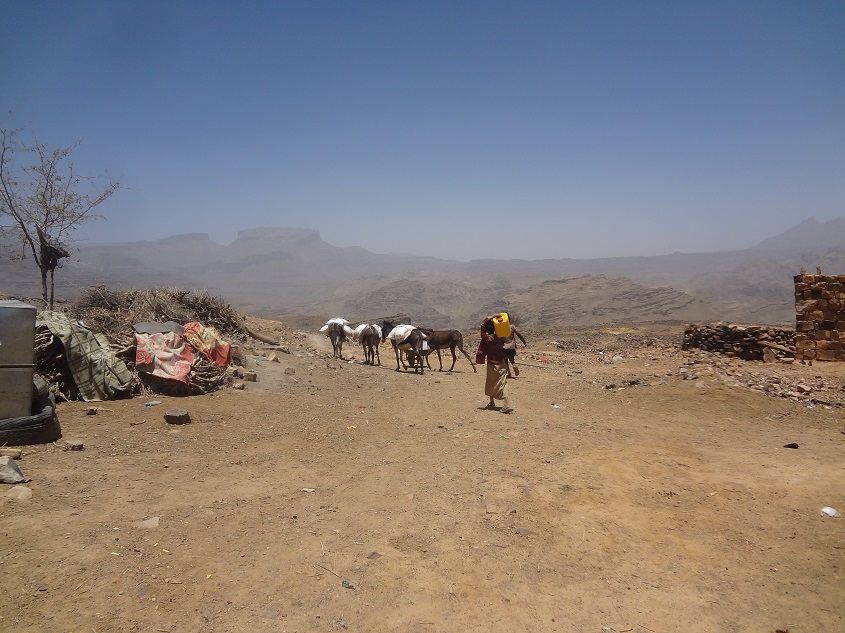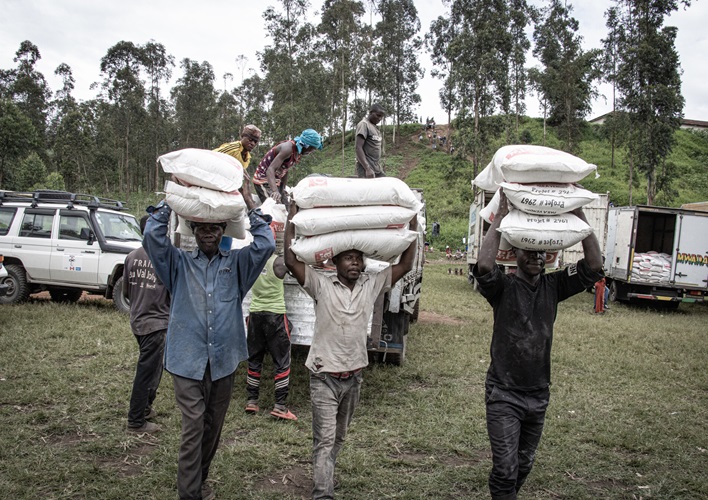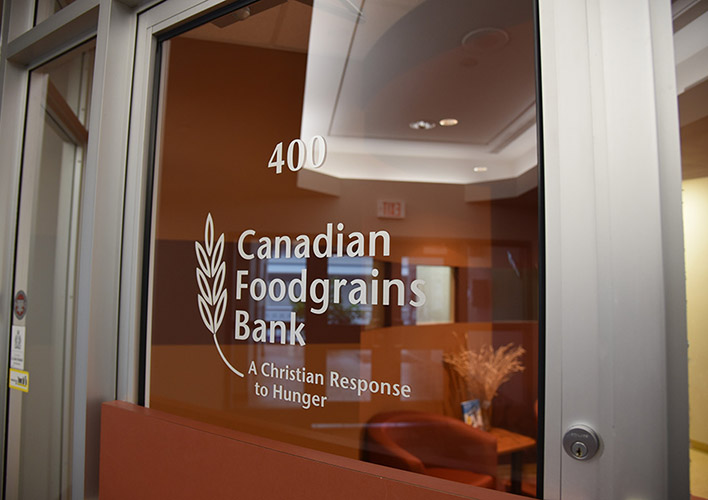Winnipeg, MB – The Canadian Foodgrains Bank welcomes Canada’s announcement of an additional $250 million to address the global food crisis. This will help Canada maintain its place as the largest per capita food assistance donor in the world.
Global hunger has been on the rise for the past five years, due to prolonged conflict, and climate variability and extremes. Then Russia’s invasion of Ukraine disrupted global trade in grains and oilseeds, sending food prices to an all time high. This has made food unaffordable for millions of people. The number of people who need food assistance just to stay alive has almost doubled since 2016.
Foodgrains Bank executive director Andy Harrington said, “This is very good news as it will prevent untold thousands of deaths in the exploding global hunger crisis.”
As well, in efforts to support compassionate Canadians who want to help the millions living on the brink of famine, the Government of Canada announced today that it will match donations to an appeal by Humanitarian Coalition and its member charities up to $5 million, up until July 17, 2022. The Humanitarian Coalition is comprised of 12 leading Canadian aid agencies, including the Foodgrains Bank, that are joining forces to raise funds and rush assistance to people on the edge of famine in several countries in Africa.
“Thank you Minister Harjit Sajjan for this commitment to match up to $5 million to fight hunger in the midst of this humanitarian crisis,” said Harrington.
Canada’s added funding for food and nutrition will save lives while also enabling more families to eat nutritious meals and stay healthy. It will mean that poor farming families don’t have to sell their tools and livestock to buy food. And it will keep children in school, rather than having to leave school to earn money for the family.
While this funding will address immediate needs, there is an ongoing need for increased investment in food systems. Investing in farmers and food value chains builds resilience to shocks. The Foodgrains Bank saw this in East Africa, where farmers who adopted new techniques to adapt to climate change were also more resilient to the economic shocks of the Covid-19 pandemic.




